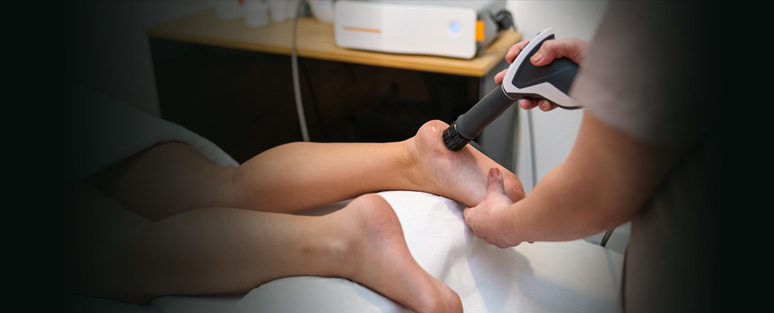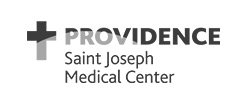As an Orthopedic Surgeon my primary interest in vitamin D is bone health, and the role that it plays in calcium absorption and the bone healing. But as orthopedists, we rarely discuss its apparent role in immunity. This association became important for me to highlight once COVID-19 began its widespread assault on our respiratory systems.
In general, as it relates to immunity, not only is the vitamin D receptor expressed on immunologic cells, which have been shown to be capable of synthesizing the active metabolite, but Vitamin D can modulate the innate and adaptive immune responses, as an increasing number of research articles are demonstrating. And as more research provides a more in-depth review of how Vitamin D is involved in immunity, it is clear that low levels of vitamin D increases the rates of viral and bacterial illness, and specifically the risk of respiratory illness, with recent studies associating low levels of vitamin D with increased severity of Covid-19 infections .
Additionally, a low level of vitamin D is correlated negatively with autoimmune diseases such as multiple sclerosis and inflammatory joint diseases. But, as with all things, there is a balance. Too much vitamin D can cause the very serious medical condition called hypercalcemia, excessive levels of calcium in the blood, and is to be absolutely avoided. And therefore “more” may not be “better”.
The key is to avoid low vitamin D levels, which is different than saying that the vitamin D level should be high. The recommendation, therefore, is a vitamin D level greater than 30 nanograms/milliliter. You should be aware of your vitamin D level, in the way that you may be aware of your cholesterol level.
What is your vitamin D level?

So How Can I Get More Vitamin D?
Sunlight
Ultraviolet B, produces vitamin D. The most efficient time of day to obtain the benefits of sun exposure is midday. Additionally, to activate vitamin D in the skin, the exposure must be direct. Therefore, there is no activation of vitamin D through the skin if one sits by a window for sunlight exposure.
Relative to how much sunlight is necessary, there is no direct answer. Persons with lighter skin tones can activate more vitamin D with less time in direct sunlight, at thirty minutes, than persons with darker skin tones, who may need an hour or two.
Of course, there are geographic differences, with less sunlight in the winter months and higher latitudes, leading to lower vitamin D levels for a significant amount of time in the year. That said, countries at lower latitudes may have more sunlight, but with increasing shades of skin tone, more exposure to direct sun exposure would be needed for appropriate activation of vitamin D. And exposure to sunlight must be balanced with the negative skin effects of too much sunlight and skin cancer.
Diet
Foods rich in Vitamin D include oily fish such as herring, sardines, salmon, tuna, trout, mackerel. Cod liver oil is an excellent source of vitamin D. Additional foods include egg yolks, mushrooms, beef liver, fortified foods such as milk, and dairy products made with fortified milk. Unfortunately, fruits are generally not rich in Vitamin D, but fortified orange juice is an option.
Supplements
Supplements are actually very important. Most patients do not meet their daily requirements with just diet and sunlight. This is particularly true in a northern climate, and in a culture with a fair number of vegans and vegetarians. Since most patients do not get enough vitamin D from sunlight and from diet, I check patients before surgery and will ultimately supplement in just about everyone who needs to heal bone, which is the vast majority. Unless a patient is not deficient, which is rare, I will prescribe either 2000 IU or 5000 IU of vitamin D during the time it takes for bone to heal.
If you are not a patient undergoing bone surgery, check with your Primary Care Provider for the appropriate amount of supplementation. In general, the Recommended Dietary Allowance for adults 19 years and older is 600 IU daily for men and women, and for adults >70 years it is 800 IU daily. There is no formal recommendation on the appropriate amount of supplementation needed to optimize immunity in general, or during COVID-19. But, again, to goal is to avoid a low level, and to discuss vitamin D levels with your primary care physician.














